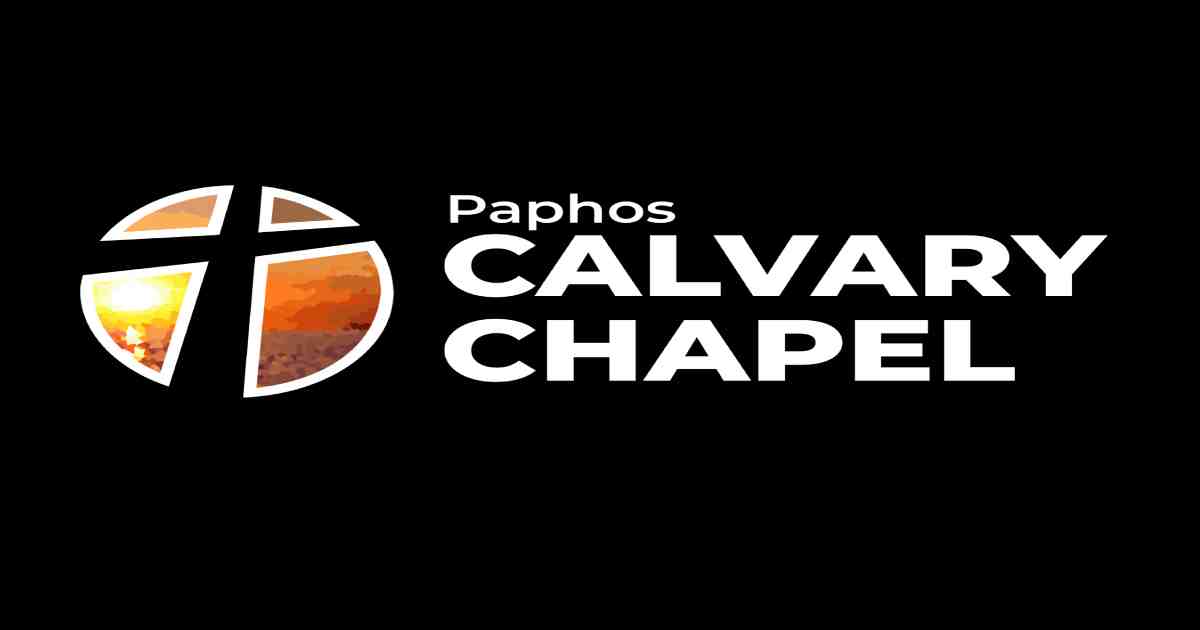30 years ago, in Los Angeles County jail, where I was being held for drug related charges against me, desperate for solutions to the problems plaguing me, I turned to the Bible for answers.
But my initial attempt to understand the Bible almost ended before it really began. The long geneology that the New Testament opens with, in the Gospel of Matthew, left me tempted to give up on trying to understand the Bible’s message.
The long list of names, so disconnected from my life and problems, felt irrelevant. It has only been over time, that I discovered its profound significance.

The seemingly dry list of strange names hold the key to understanding Jesus’qualifications as Messiah and the fulfillment of God’s redemptive plan.
The Bible includes four accounts of Jesus’ life, each with a unique emphasis. Of the four, the Gospel of Matthew focuses on Jesus as the ‘Jewish Messiah’. This focus explains why it begins with a genealogy, linking Jesus to Abraham and David, the two most critical figures in Jewish Messianic prophecy.
Matthew’s opening line, “The book of the genealogy of Jesus Christ, the Son of David, the Son of Abraham,” highlights Jesus’ connection to these two men. God made irreversible promises to Abraham, and many generations later, to David, ensuring the Savior would come through their lineage.
What escapes most peoples notice is that Jesus’ family tree, including Abraham and David, isn’t filled with the kind of people you might expect. They weren’t exactly the embodiment of holiness and integrity!
On the contrary, it is a tapestry of flawed individuals, aimed at showcasing God’s sovereignty and grace.
Abraham, who is often considered the “Father of Faith,” struggled with doubt, lied to protect himself and attempted to “help” God fulfill His seemingly impossible promises. His Son, Jacob, was a deceiver, manipulated his way through life before God met him and transformed him into Israel. Israel’s son Judah fathered twins through his daughter-in-law, under scandalous circumstances.
Each name in this lineage tells a story, not of religious piety, but of human failure that ultimately is met with divine grace.
One of the most notably things about Matthew’s gospel geneology is that it includes five women—Tamar, Rahab, Ruth, Bathsheba, and Mary.
Tamar and Rahab, associated with sexual scandal, and Ruth, a Moabitess, were outsiders grafted into God’s covenant family. Bathsheba’s story is stained by adultery and murder, yet she becomes part of the Messianic line.
Their inclusion reveals God’s heart for the marginalized and broken, foreshadowing the inclusivity of Christ’s ministry.
The genealogy crescendos with Joseph, “the husband of Mary, of whom was born Jesus who is called Christ.”
Unlike the earlier pattern in the geneology, Joseph is not described as Jesus’ biological father, but the emphasis on him being the husband of Mary. This sets the stage for Jesus’ miraculous virgin birth. But we should bear in mind, that while we have the ‘behind-the-scenes’ view to what was really happening, Mary’s pregnancy was considered scandalous to those who didn’t know or didn’t beleive the truth.
The final analysis is that Jesus’ geneology is not a whitewashed family history of picture perfect people. It’s not like our social media world, where we carefully edit out our flaws and strive to present the best version of ourselves to the world. Jesus’ geneology highlights God’s determination to redeem human brokenness. Despite a lineage marked by deceit, doubt, immorality, and idolatry, Jesus identifies fully with His broken human family tree. God transforms shame into grace, opening the door for all—Jew and Gentile, male and female, sinner and saint—to join His family.
This genealogy invites us to reflect on our own brokenness and God’s redeeming love. Through faith in Christ, we are no longer strangers to God, but members of His family (Ephesians 2:19).
Jesus’ lineage proves that redemption isn’t about perfect people earning God’s approval, but about God’s grace, whereby sinner’s come to find a merciful Savior and the hope of a new life in Him.
As I look back to that day in L.A. county jail, I’m so thankful to God for giving me the persistence to keep reading. I discovered God’s grace that day and that He is still transforming broken lives and making them new. I’ve never been the same since.
As we step into 2025 perhaps it’s not a New Year that you need so much as a new life? Give your life to Christ today and discover the power of His love and Spirit!
“If anyone is in Christ, he is a new creation; old things have passed away; behold, all things have become new” 2 Corinthians 5:17.
By Pastor Tim Mattox
Paphos Calvary Chapel
www.calvarycyprus.com









